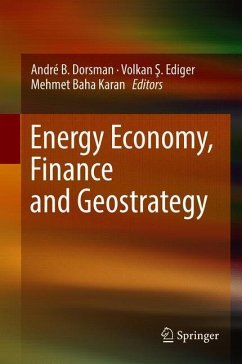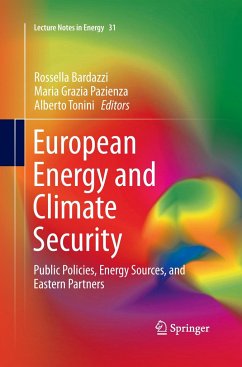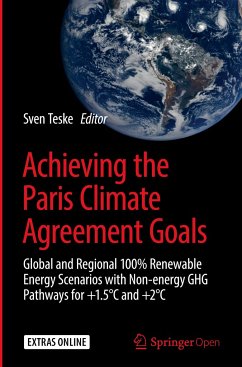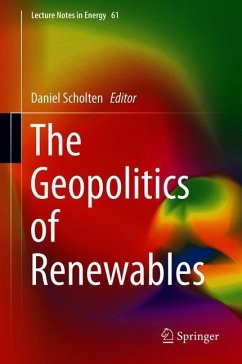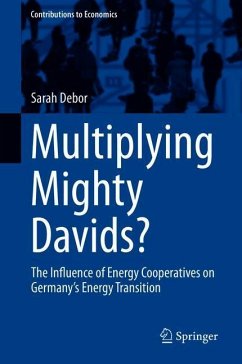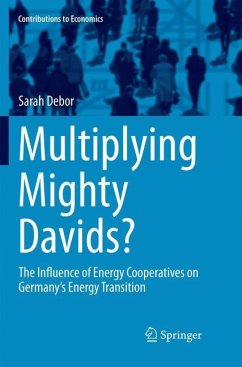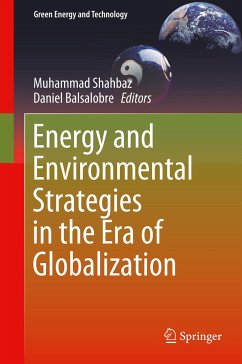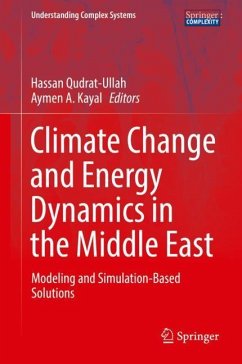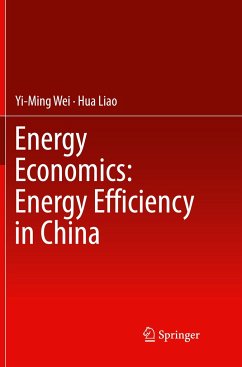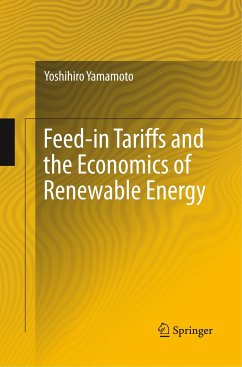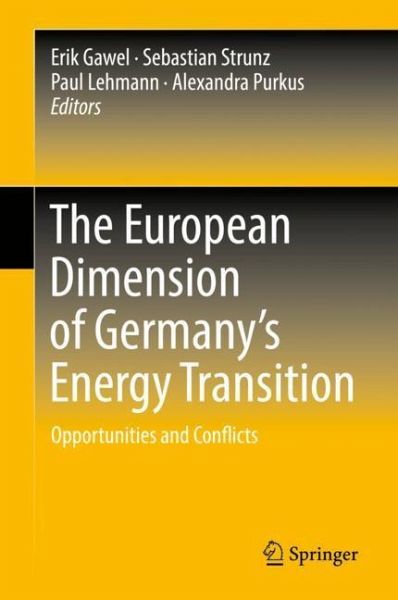
The European Dimension of Germany's Energy Transition
Opportunities and Conflicts
Herausgegeben: Gawel, Erik; Strunz, Sebastian; Lehmann, Paul; Purkus, Alexandra

PAYBACK Punkte
61 °P sammeln!
This book addresses the interactions between Germany's energy transition and the EU's energy policy framework. It seeks to analyze the manifold connections between the prospects of the proclaimed "Energy Union" and the future of Germany's energy transition, and identifies relevant lessons for the transformation at the EU level that can be learned from the case of Germany, as a first-mover of transforming energy systems towards renewables. The various repercussions (political, economic and systemic) from the national transition are explored within the EU context as it responds to the German tra...
This book addresses the interactions between Germany's energy transition and the EU's energy policy framework. It seeks to analyze the manifold connections between the prospects of the proclaimed "Energy Union" and the future of Germany's energy transition, and identifies relevant lessons for the transformation at the EU level that can be learned from the case of Germany, as a first-mover of transforming energy systems towards renewables. The various repercussions (political, economic and systemic) from the national transition are explored within the EU context as it responds to the German transition, taking into account both existing frictions and potential synergies between predominantly national sustainability policies and the EU's push towards harmonized policies within a common market. The book's overall aim is to identify the most critical issues, in order to avoid pitfalls and capitalize on opportunities.





